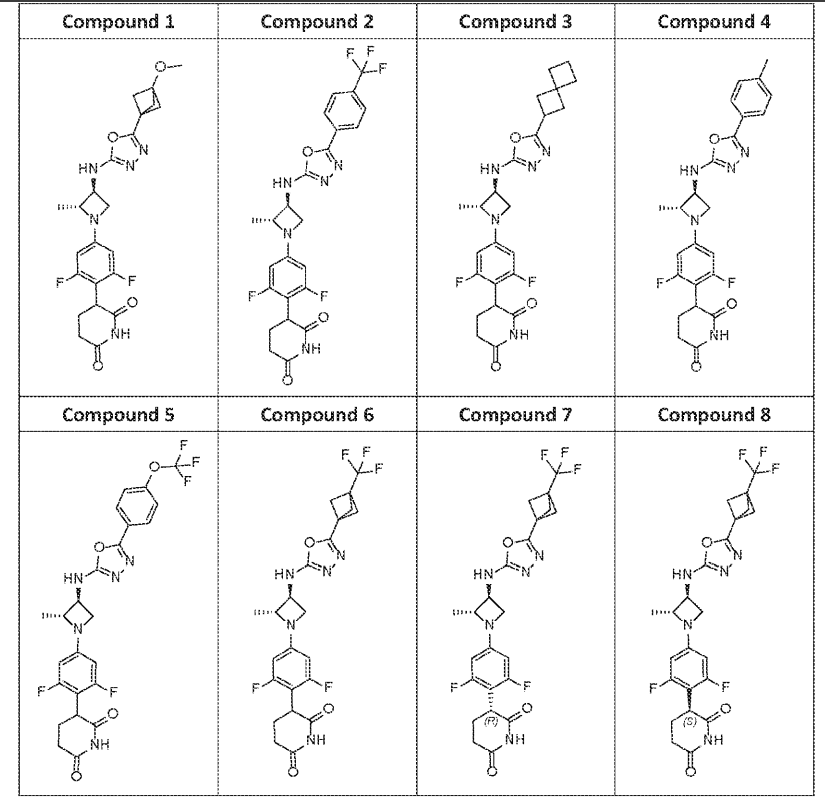May 2025 Patent Highlights: Monte Rosa's CDK2 molecular glue degraders
Cyclin-dependent kinase 2 (CDK2), also known as cell division protein kinase 2, is an enzyme encoded by the CDK2 gene in humans. CDK2 belongs to the protein kinase family and plays a critical role in regulating various events of the eukaryotic cell division cycle. Accumulating evidence suggests that overexpression of CDK2 leads to abnormal regulation of the cell cycle, which is directly associated with hyperproliferation in cancer cells. Consequently, CDK2 has been considered a promising therapeutic target for cancer treatment.
The success of abemaciclib in early breast cancer is hypothesized to be attributable to its inhibition of CDK2. However, CDK2 kinase inhibitors have yet to demonstrate positive proof-of-concept data, leading to the discontinuation of multiple related products from companies such as Nuvation Bio, Pfizer, Blueprint Medicines, Relay Therapeutics, and others. Nonetheless, these setbacks have not undermined clinical confidence in CDK2 inhibitors, and Monte Rosa Therapeutics is also advancing relevant product candidates. Notably, Monte Rosa focuses on CDK2 molecular glue degraders (MGDs), including MRT-9643 and MRT-51443. Compared to traditional inhibitors, MGDs generally exhibit higher selectivity for other CDKs and kinases and provide more sustained inhibition of signaling pathways.
A recent Monte Rosa patent application (WO2025090727) covers eight compounds and reveals the possible structure of MRT-9643 (CDK2 MGD) (compound 6).

WO2025090727
Monte Rosa
How to obtain the latest research advancements in the field of biopharmaceuticals?
In the Synapse database, you can keep abreast of the latest research and development advances in drugs, targets, indications, organizations, etc., anywhere and anytime, on a daily or weekly basis. Click on the image below to embark on a brand new journey of drug discovery!




